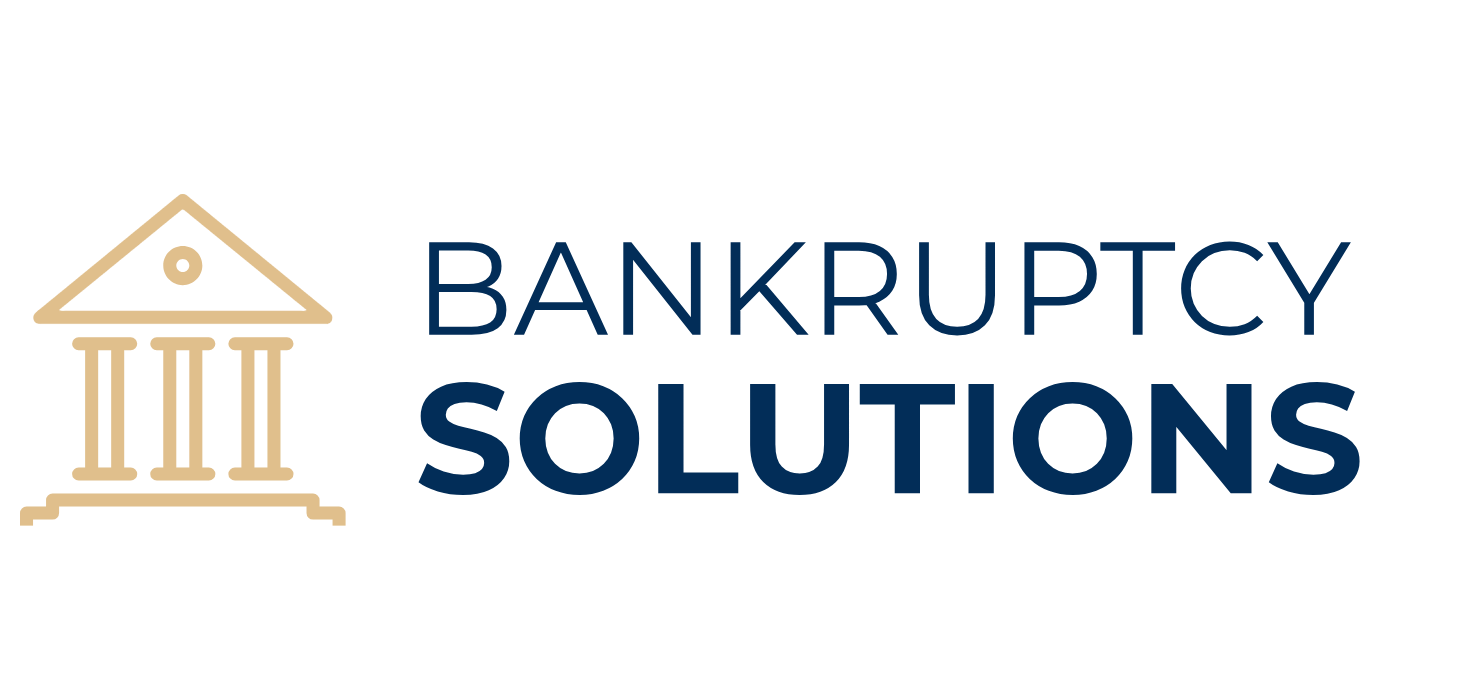In the realm of financial challenges, bankruptcy lawyers emerge as essential guides, offering expert assistance during some of life’s most challenging moments. This comprehensive guide delves into the world of bankruptcy lawyers, shedding light on their roles, costs, and how to find the right one for your needs.
Who are the Bankruptcy Lawyers?
Bankruptcy lawyers, also known as bankruptcy attorneys, are legal professionals specialized in handling cases related to bankruptcy and insolvency. They are experts in the complex web of bankruptcy laws and regulations, guiding individuals and businesses through the intricate process of filing for bankruptcy.
What Do Bankruptcy Lawyers Do?
Understanding the multifaceted roles of bankruptcy lawyers is vital for anyone considering their services. Here are the key tasks they perform:
Financial Assessment
Bankruptcy lawyers meticulously assess a client’s financial situation, scrutinizing income, assets, debts, and expenses. This comprehensive analysis helps determine the most suitable type of bankruptcy for the client: Chapter 7, Chapter 11, or Chapter 13.
Legal Guidance
They provide expert legal counsel, explaining the intricacies of bankruptcy laws and how they apply to the client’s specific situation. This guidance empowers clients to make informed decisions throughout the bankruptcy process.
Paperwork Preparation
Filing for bankruptcy involves extensive paperwork. Bankruptcy lawyers assist clients in preparing and organizing the necessary documents, ensuring accuracy and completeness. Any errors or omissions could lead to delays or complications in the proceedings.
Representation in Court
Bankruptcy lawyers represent their clients in court proceedings, advocating for their interests before the judge and interacting with creditors. Their courtroom expertise is invaluable, especially during hearings related to debt discharge and asset protection.
Negotiations with Creditors
One of the primary roles of bankruptcy attorneys is negotiating with creditors. They work to reach favorable agreements, potentially reducing the overall debt burden, lowering interest rates, or extending repayment periods. These negotiations are pivotal for clients seeking financial relief.
Protection Against Harassment
Bankruptcy lawyers shield clients from creditor harassment. By law, once a client files for bankruptcy, creditors are legally prohibited from contacting them or taking any collection actions. Lawyers ensure creditors adhere to these regulations, providing clients with peace of mind during a challenging time.
Asset Protection
For clients facing the prospect of losing valuable assets in bankruptcy, lawyers explore legal avenues to protect these assets. They devise strategies to safeguard homes, vehicles, businesses, and other significant possessions, ensuring clients retain essential properties whenever possible.
Post-Bankruptcy Guidance
Bankruptcy lawyers offer post-bankruptcy guidance, advising clients on rebuilding credit, managing finances, and avoiding future financial pitfalls. Their expertise extends beyond the courtroom, supporting clients in transitioning to a stable financial future.
By undertaking these vital tasks, lawyers who handle bankruptcy act as advocates and allies for individuals and businesses navigating the intricate landscape of financial insolvency. Their expertise not only facilitates a smoother bankruptcy process but also provides clients with the necessary support and guidance to rebuild their financial lives after the storm has passed.
How Much Do Bankruptcy Lawyers Cost?
Understanding the cost of hiring a bankruptcy lawyer is crucial for anyone considering this legal route. The fees vary widely based on factors such as the complexity of the case, the attorney’s experience, and the region. Generally, fees can range from a few hundred to several thousand dollars. It’s imperative to discuss fees and payment plans with potential lawyers beforehand to avoid misunderstandings later.
How Do Bankruptcy Lawyers Make Money?
Bankruptcy lawyers typically charge clients on an hourly basis or a flat fee for their services. Hourly rates can vary significantly based on the lawyer’s experience and location.
Some lawyers may offer free initial consultations, allowing clients to discuss their situations without incurring charges. In some cases, lawyers may also work on a contingency basis, where they receive a percentage of the client’s assets recovered during bankruptcy proceedings.
How to Change Bankruptcy Lawyers?
In certain situations, individuals or businesses may find it necessary to change their bankruptcy lawyer. This decision can stem from various reasons, including dissatisfaction with the current lawyer’s services or a change in financial circumstances. When switching lawyers, it’s essential to inform both the current and prospective attorneys promptly. Open communication ensures a smooth transition and avoids any legal complications.
How to Find Bankruptcy Lawyers?
Finding the right bankruptcy lawyer is pivotal to a successful bankruptcy case. Here are steps to help you locate a suitable attorney:
- Research Online: Utilize search engines and legal directories to find experienced bankruptcy lawyers in your area. Look for client reviews and testimonials to gauge their reputation.
- Ask for Recommendations: Seek recommendations from friends, family, or colleagues who have gone through bankruptcy proceedings. Personal referrals often lead to trustworthy and reliable lawyers.
- Consult Bar Associations: Local bar associations provide lists of qualified bankruptcy attorneys. These associations can vouch for the lawyers’ credentials and ethical standards.
- Attend Legal Clinics: Legal aid organizations often host clinics where individuals can consult with bankruptcy lawyers for free or at a reduced cost. This is an excellent opportunity to meet potential attorneys and assess their expertise.
- Schedule Consultations: Arrange meetings with multiple bankruptcy lawyers to discuss your case. Use this opportunity to ask questions, evaluate their understanding of your situation, and assess their communication style.
In conclusion, bankruptcy lawyers serve as lifelines for individuals and businesses drowning in financial distress. Their expertise, coupled with your informed decisions, can pave the way toward a fresh financial start.
By understanding their roles, costs, and how to find the right fit, you empower yourself to navigate the challenging terrain and choose the appropriate Bankruptcy Solution with confidence and resilience.

